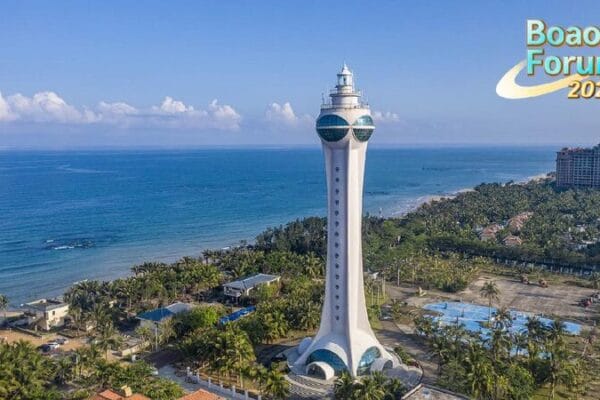Beautiful sunlight, palm trees, and coconuts—welcome to Hainan, the tropical gem in the south of the Chinese mainland. This year, the Boao Forum for Asia has become the epicenter for discussions on global economic integration and development. A key phrase echoing through the halls: the Global South.
Representing over 40 percent of global GDP and driving 80 percent of global growth, the Global South is a potent force in international economics and politics. Yet, despite their economic clout, developing nations face systemic challenges.
“It is very difficult for Western countries to accept that they are not the only significant players anymore. They need to acknowledge that new actors are emerging, possibly excelling in certain areas,” said Michele Geraci, former Undersecretary of State at the Italian Ministry of Economic Development.
Western dominance in financial institutions has left Global South countries without adequate platforms to voice their needs. “The international financial architecture has to be reformed. It has to represent the world and address the needs of developing countries, making it easier for them to access finance for sustainable development,” stated Wang Xiaojun, Trust Fund Director at the UN Office for South-South Cooperation.
Observers advocate for a more inclusive global order, emphasizing the need to empower developing nations. “Different countries banding together and creating new forms of cooperation is essential. The BRICS association is one example,” noted Carl Fey, Professor of Strategy at BI Norwegian Business School.
BRICS aims to counterbalance Western dominance in institutions like the IMF and World Bank. The New Development Bank’s expansion and the use of local currencies in trade are key strategies. Additionally, initiatives like the Belt and Road are enhancing connectivity and trade across the Global South. Infrastructure projects spanning continents are vital for shared development and stronger international negotiating positions.
“The Belt and Road is the most important project in the world. Building infrastructure like motorways and railways boosts the economies along the route, creating a self-developing model where growth can help pay for the initial investments,” Geraci explained.
Despite challenges, the Global South is actively shaping global affairs. “I see more active and effective participation of developing countries, especially on the UN platform. Developing countries now express clearer and louder voices compared to decades ago,” Wang observed.
As world leaders gather in Boao, the message is clear: the Global South is a driving force for a shared future in a changing world. Developing countries have the will and ability to succeed, but they require a more equitable and inclusive international order to reach their full potential.
Reference(s):
To empower the Global South, a more inclusive global order imperative
cgtn.com








